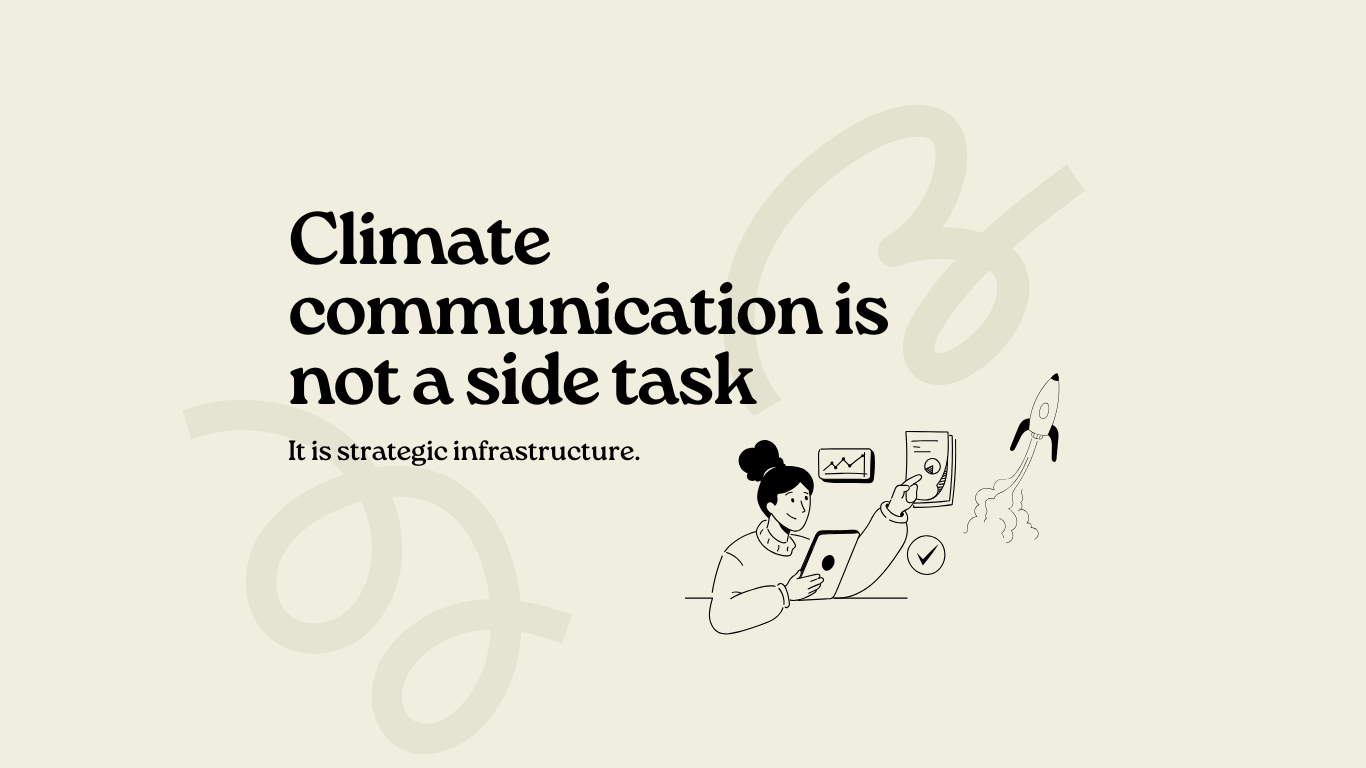The World Meteorological Organisation (WMO) has confirmed in its latest report that 2024 was the hottest year ever recorded, bringing an unprecedented wave of extreme climate disasters in every corner of the globe. The report details 151 extreme weather events surpassing any previously documented occurrences in their respective regions. These disasters resulted in significant loss of life, displacement, and economic damage, highlighting the escalating severity of climate change. It was also the first calendar year in which the temperature limit of 1.5°C above the pre-industrial era was overshot – although it does not mean (yet) that the Paris Agreement goal is ditched.
Unprecedented Heatwaves, Storms, and Floods
Extreme heatwaves struck various regions in 2024, with record-breaking temperatures of 49.9°C in Carnarvon, Australia, 49.7°C in Tabas, Iran, and 48.5°C in Mali. Japan suffered severe heatstroke cases due to prolonged extreme temperatures. Concurrently, floods and storms wreaked havoc worldwide. Italy faced devastating floods and landslides, Pakistan and Brazil experienced flash floods that destroyed crops, and Senegal saw thousands of homes swept away. The Philippines endured six typhoons in under a month, while Hurricane Helene in the U.S. and Super Typhoon Yagi in Vietnam displaced millions.
The WMO’s Key Climate Findings
The WMO’s State of the Global Climate report provides alarming statistics:
- 2024 likely exceeded the 1.5°C warming threshold for the first time, with global temperatures averaging 1.55 ± 0.13 °C above pre-industrial levels.
- Carbon dioxide concentrations reached their highest levels in 800,000 years.
- The last ten years were the warmest on record, with each of the past eight years setting new ocean heat content records.
- Arctic and Antarctic ice extents hit their lowest recorded levels, with the three largest annual glacier mass losses occurring within the last three years.
- Sea levels have risen at double the rate observed since satellite measurements began.
Climate Crisis Deepens
The WMO report underscores that the last decade has seen the ten hottest years on record, yet global carbon emissions continue to rise. Scientists warn that the intensifying climate crisis will bring even worse disasters if immediate action is not taken. Sea-level rise and ocean warming will persist for centuries, making some consequences of climate change irreversible. Despite these stern warnings, experts stress that limiting long-term warming to 1.5°C is still possible if immediate and drastic reductions in fossil fuel use are implemented.
In this context, cutting down sharply Greenhouse Gases Emissions (GHG) becomes incredibly vital. The UN Secretary-General, António Guterres, urged global leaders to “step up – seizing the benefits of cheap, clean renewables for their people and economies – with new national climate plans due this year,”, while Stefan Rahmstorf, of the Potsdam Institute for Climate in Germany stated that “We can only stop the warming trend by getting out of fossil fuels fast.”, adding “We have the solutions – but what stops us is the disinformation campaigns and lobby power of the fossil fuel industry. Ignoring reality, denying the laws of physics and silencing scientists can only lead to harm, and ordinary people will pay the price for that.”
Scientists and climate experts have criticised political inaction and the suppression of climate science, particularly in the U.S., where the Trump administration reduced climate research funding and dismissed 1,300 scientists from the National Oceanic and Atmospheric Administration (NOAA).
Urgent Need for Climate Action and Resilience
WMO Secretary-General Celeste Saulo emphasised that early warning systems and climate services are critical to mitigating climate disasters. Currently, only half of the world’s nations have adequate early warning systems, which must change to protect vulnerable communities. She also highlighted the economic benefits of climate resilience, noting that every $1 invested in preparedness saves $13 in disaster response and recovery.
The report stresses the importance of science-based decision-making and global cooperation. To be sure, political ill winds are blowing hard these days against these key tenets but continuing to defend and bolster those has never been so essential. Governments, industries, and communities must prioritise climate resilience, invest in renewable energy, and adopt science-based policies to prevent further catastrophic consequences.
The time for consequential action is now, for the choices made – or avoided – today will shape the future of the planet.





